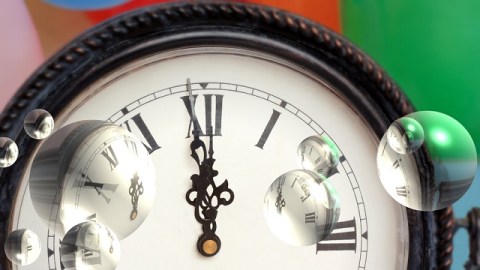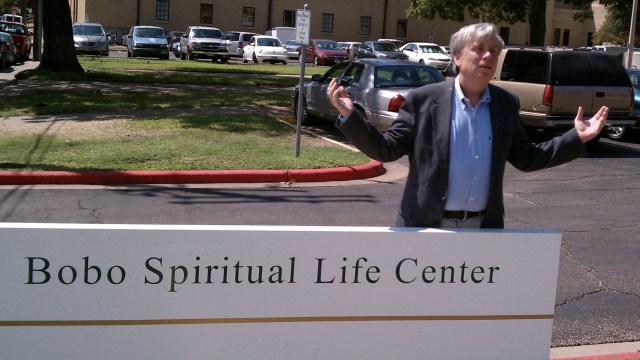A New Kind Of Biological Clock Could Turn Back Time

What’s the Latest Development?
UCLA genetics and biostatics professor Steve Horvath looked at over 350 biomarkers of age in the human body and measured them for certain chemical changes that occur from pre-birth to age 101. Through this, he was able to calculate the biological age of organs, tissues and cells, and found that in most cases they matched their chronological age. One key exception was breast tissue, which he says “is about two to three years older than the rest of a woman’s body.” He also noted that tumor tissue is, on average, 36 years older than healthy tissue, which could help explain why cancer risk grows as people age.
What’s the Big Idea?
For scientists, understanding why people age has always been a challenge. Past attempts to identify an accurate biological clock have focused on, among other things, hormones and chromosome telomeres. Horvath’s method is the first to, as he puts it, “reliably [keep] time across the human anatomy.” In addition to providing insights into cancer research, the findings — which were published in the latest edition of Genome Biology — could help with efforts to slow down or even reverse aging.
Photo Credit: Shutterstock.com





